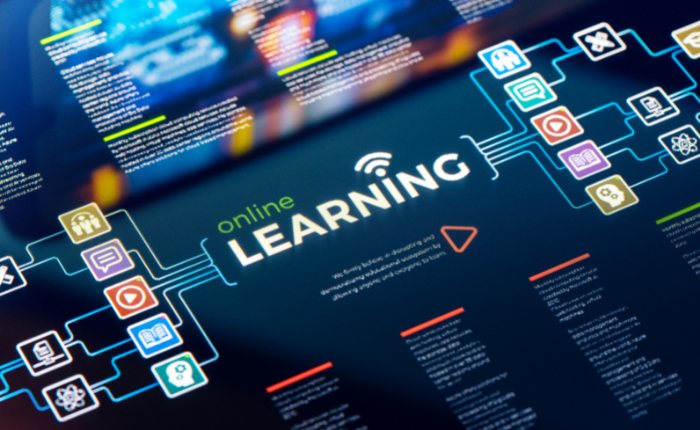The world of education has changed more in the past decade than in the last century. Online learning — once seen as a backup option — has now become the backbone of modern education. From AI-driven learning tools to immersive virtual classrooms, the future of e-learning looks brighter and more innovative than ever.
So, what can students, teachers, and institutions expect in the coming years? Let’s explore the trends shaping the next chapter of online education.
1. Artificial Intelligence Will Personalize Learning
Artificial intelligence is transforming how people learn. Instead of following the same curriculum, students can now receive personalized learning paths based on their strengths and weaknesses.
AI tutors and learning analytics platforms can:
- Suggest lessons based on progress.
- Offer real-time feedback.
- Predict areas where learners may struggle.
Example: Platforms like Coursera and Khan Academy already use AI to recommend customized study materials — a glimpse of what’s to come.
2. Virtual and Augmented Reality Will Make Learning Immersive
Imagine learning about ancient Egypt by virtually walking through the pyramids or studying anatomy by interacting with a 3D model of the human body. That’s the promise of Virtual Reality (VR) and Augmented Reality (AR) in education.
These technologies help students visualize complex topics, especially in science, engineering, and medicine. As VR headsets become more affordable, immersive learning will soon be a classroom standard — both online and offline.
3. Microlearning Will Replace Long Lectures
In the age of short attention spans, long lectures are losing ground. The future belongs to microlearning — short, focused lessons that deliver a single concept in minutes.
This approach works perfectly for busy learners and professionals who prefer quick, bite-sized lessons. Platforms like Duolingo and Skillshare have already embraced this format with great success.
4. Blockchain Will Bring Trust and Transparency
One major challenge in e-learning is verifying credentials. How do you prove that an online certificate is legitimate? That’s where blockchain technology steps in.
In the future, universities and training institutes will issue tamper-proof, verifiable digital certificates stored on the blockchain. This will make it easier for employers to confirm credentials and for learners to build credible digital portfolios.
5. Lifelong Learning Will Become the New Normal
The job market is changing faster than ever. Skills that are in demand today might become obsolete tomorrow. This means education can no longer end with a degree.
The future of e-learning will focus on lifelong learning — continuous skill development through short online programs, professional certificates, and self-paced learning paths. Many companies are already offering in-house e-learning platforms to upskill their workforce.
6. Hybrid Learning Models Will Dominate
The perfect balance between flexibility and interaction lies in hybrid learning — a mix of online and face-to-face education.
Students can attend lectures virtually while joining physical sessions for group discussions or labs. This model ensures accessibility without sacrificing human connection, making it ideal for universities and professional institutions.
7. AI-Powered Assessment and Feedback
Manual grading is time-consuming and prone to bias. With AI, assessments can become faster and fairer.
Smart systems will analyze student performance using real-time data and even track participation or collaboration in group projects. Teachers will then use these insights to provide targeted feedback instead of spending hours grading papers.
8. The Rise of Global Learning Communities
In the near future, borders won’t define classrooms. Learners from different countries will collaborate on global projects through shared online platforms.
These communities will encourage cultural exchange, peer learning, and international networking — preparing students for the truly global workforce of tomorrow.
Conclusion: The Future of Learning Is Already Here
Online education isn’t just the future — it’s the present in motion. The integration of AI, immersive technologies, and global connectivity is turning education into a more inclusive, flexible, and intelligent system.
The best way to prepare for the future of e-learning is to embrace continuous learning today — explore new tools, take online courses, and stay adaptable in this fast-evolving digital world.
Start exploring now — because the future of education is already unfolding around you.

